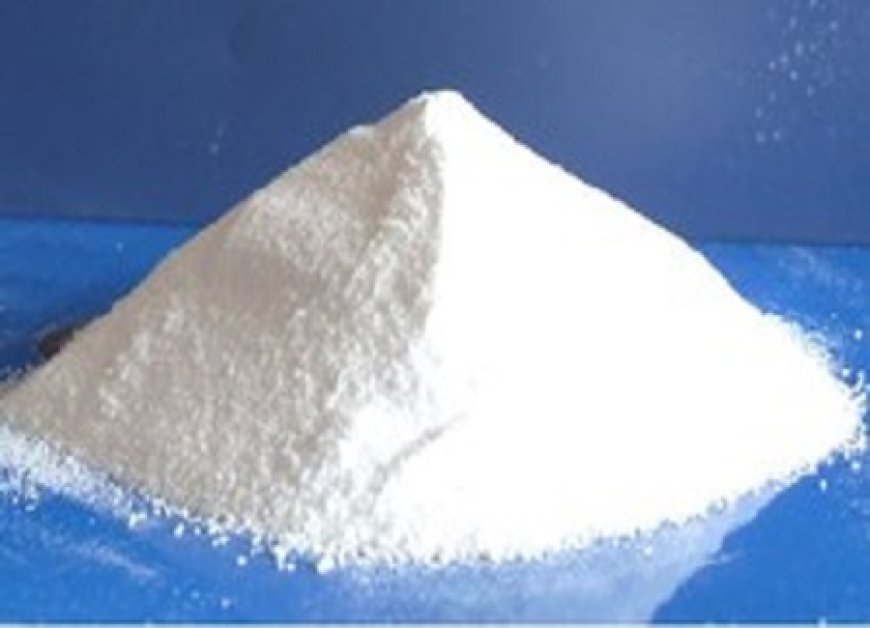Acetic Acid: The Versatile Vinegar Component
Acetic acid, a simple carboxylic acid, is an essential chemical reagent and industrial chemical, used in the production of polyethylene terephthalate mainly used in soft drink bottles, cellulose acetate, primarily for photographic film, and polyvinyl acetate for wood glue, as well as many synthetic fibers and fabrics. In households, diluted acetic acid is often used in descaling agents. In the food industry, acetic acid is used under the food additive code E260 as an acidity regulator and as a condiment.
The Science of Acetic Acid
• Chemical Formula: $$ C_2H_4O_2 $$
• Molecular Structure: Comprises of 2 carbon atoms, 4 hydrogen atoms, and 2 oxygen atoms.
• Production: Industrially produced by the carbonylation of methanol and bacterial fermentation.
• Boiling Point: Approximately 118°C (244°F).
Industrial Applications
• Synthetic Fibers: Utilized in creating threads for clothing and upholstery.
• Plastics: Integral in generating PET bottles for beverages.
• Food Preservative: Keeps pickles, sauces, and ketchup fresh and flavorful.
Household Uses
• Cleaning Agent: Effectively removes mineral deposits and grime.
• Culinary Ingredient: Enhances flavors and preserves food.
• Medicinal: Employed as an antiseptic in ear drop solutions.
Human Connection
Acetic acid touches our lives in more ways than we might realize. From the tangy taste of vinegar that perks up our salads to the soft touch of a cotton shirt on our skin, acetic acid is there. It's in the photographs we cherish, the medications that heal us, and the clean surfaces of our homes. This molecule, small and simple as it may seem, plays a significant role in our daily experiences.
Environmental Impact
• Biodegradability:

is readily biodegradable, making it environmentally friendly.
• Toxicity: Concentrated acetic acid is corrosive and can be harmful if not handled properly.
Conclusion
Acetic acid is a compound of contradictions – it's simple yet significant, common yet crucial. Its presence is felt across various industries, from fashion to photography, healthcare to household cleaning. It connects with us on a sensory level, invoking memories and emotions through taste and touch. As we continue to explore its uses and benefits, acetic acid stands out as a testament to the wonders of chemistry in our everyday lives. Its versatility and utility make it a substance that, while often overlooked, is truly indispensable.
What's Your Reaction?
 Like
0
Like
0
 Dislike
0
Dislike
0
 Love
0
Love
0
 Funny
0
Funny
0
 Angry
0
Angry
0
 Sad
0
Sad
0
 Wow
0
Wow
0










































